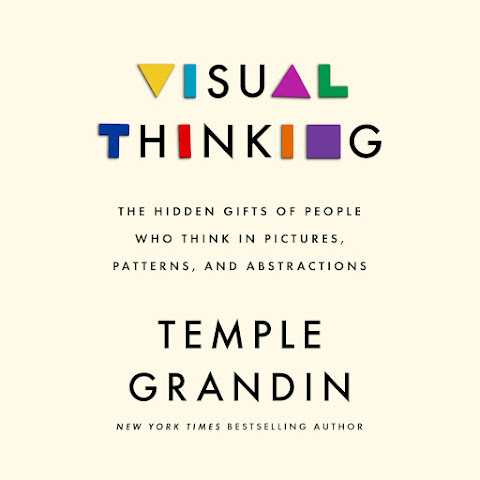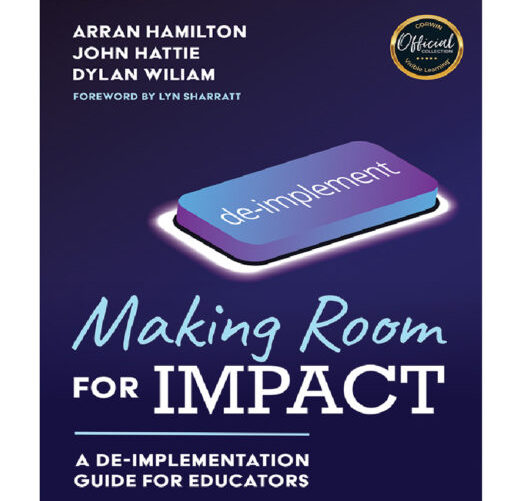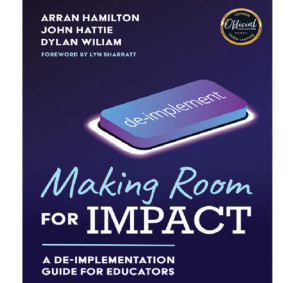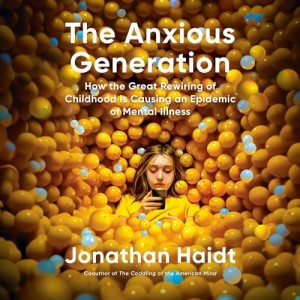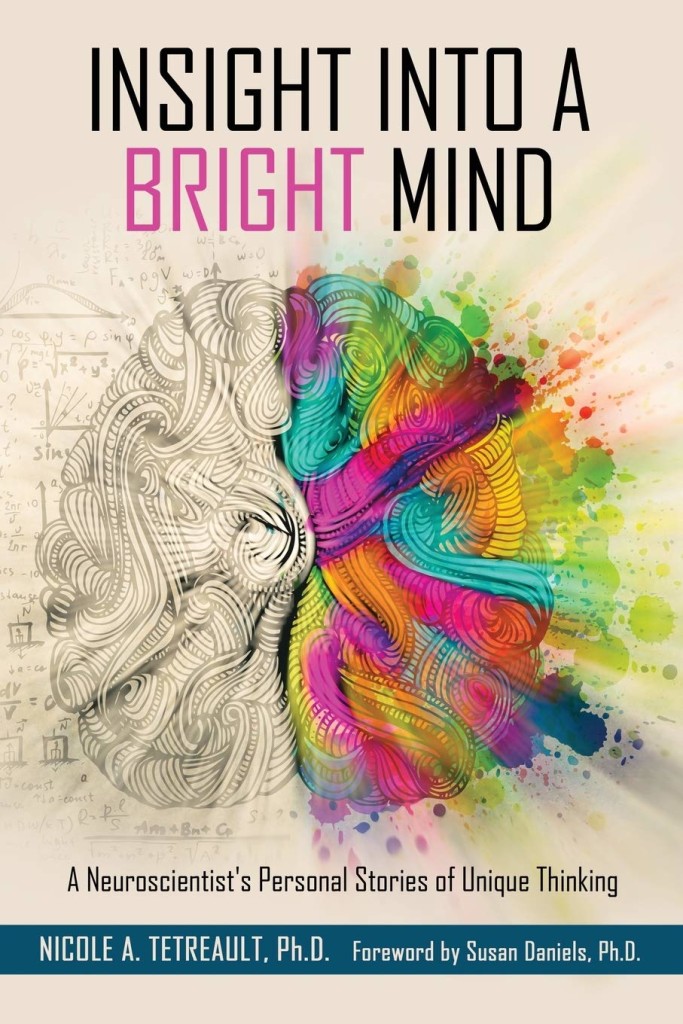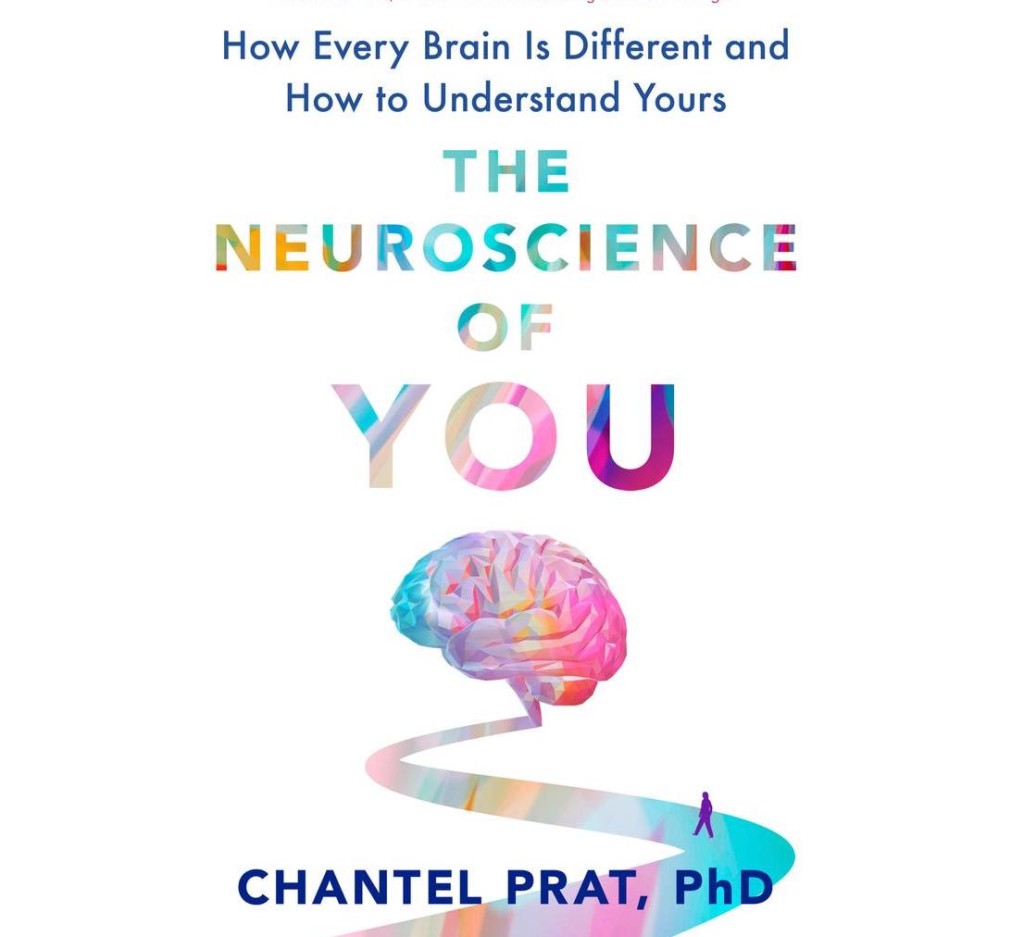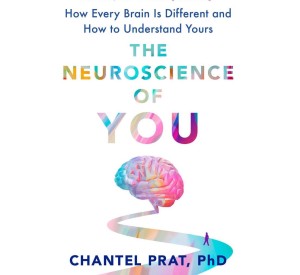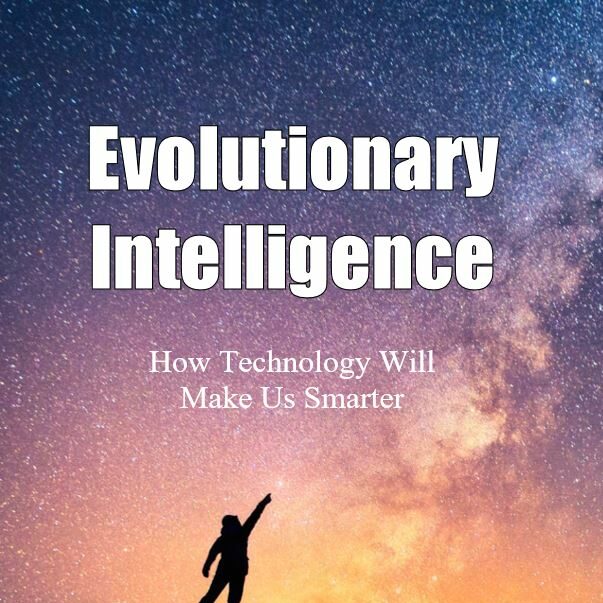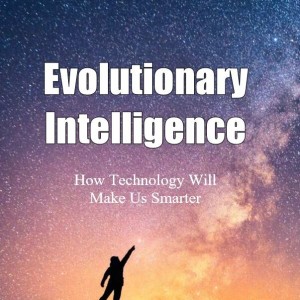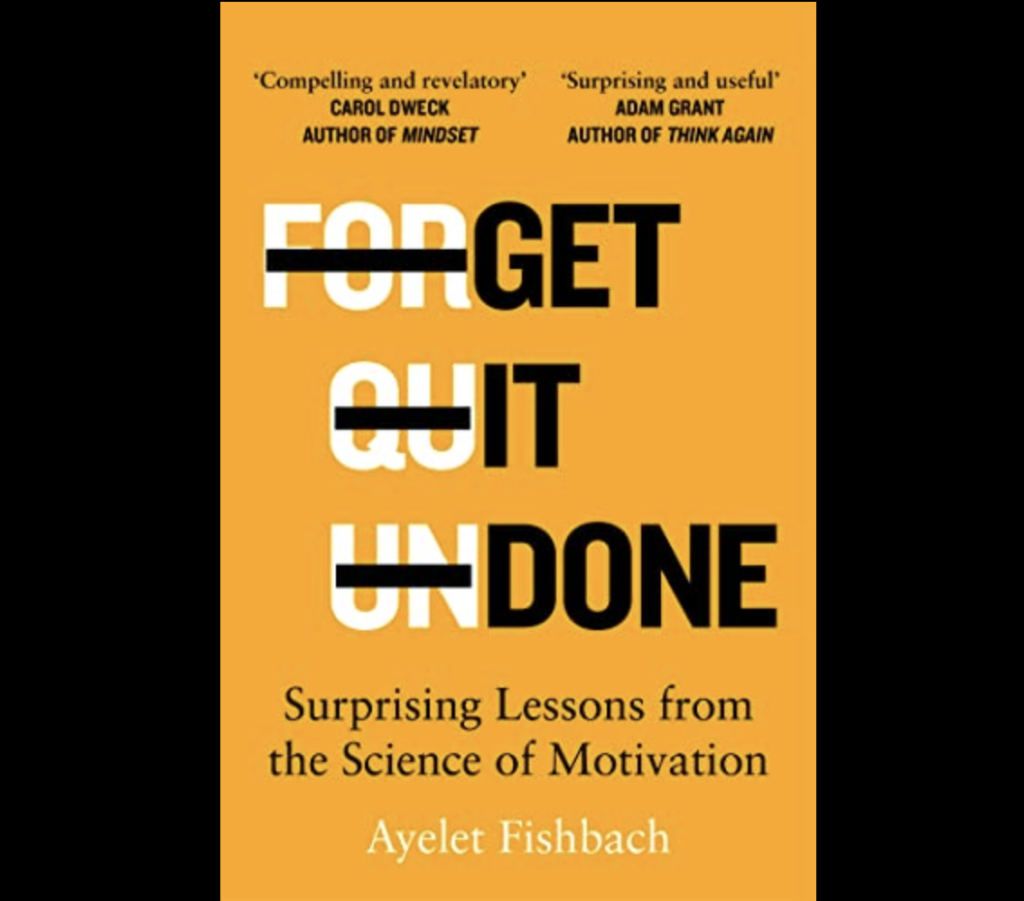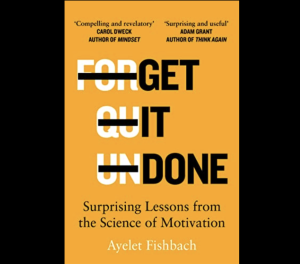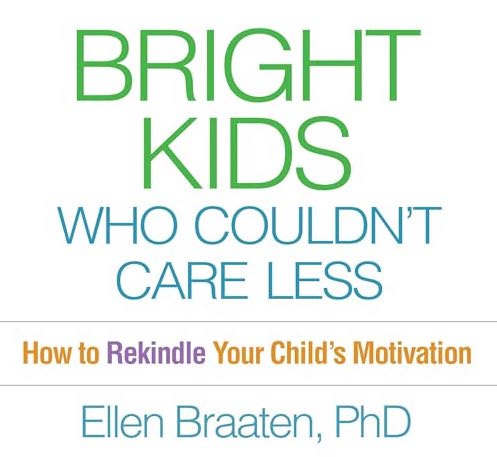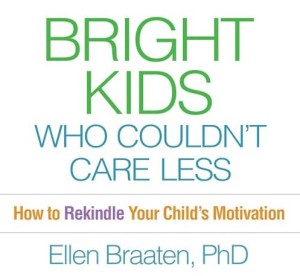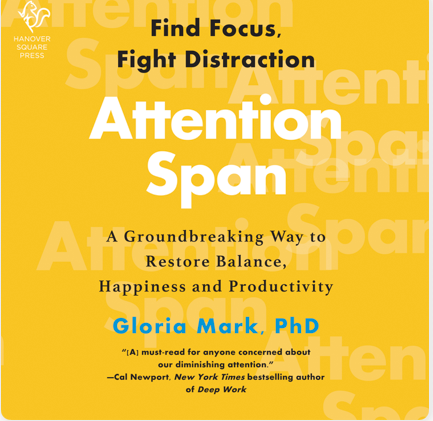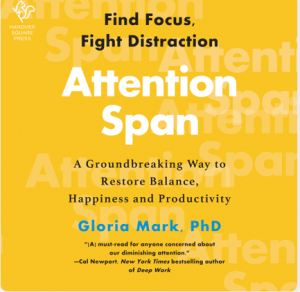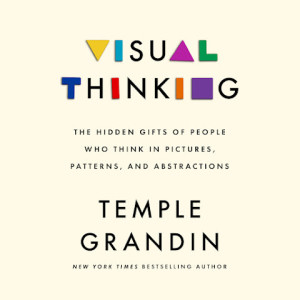
The journey begins with Grandin’s realization that not everyone shares her ability to think in pictures. She distinguishes between visual and verbal thinkers and introduces two types of visual thinkers: object visualizers and spatial visualizers. Object visualizers, like Grandin, think in detailed images, while spatial visualizers think in patterns and abstractions. The visual learner may struggle to understand what thinking verbally is and struggle to understand why they are seeing the world differently from society’s expectations. She helps you identify ways you might think with some surveys and questions that encourage you to pause and reflect. Surveys that were gleaned from her own research as an intensely curious and scientifically minded individual.
She shows that although the system has selected verbal learning as the gateway to academic success, visual thinking can be a significant asset in fields such as art, design, engineering, and architecture among others. However, she also addresses the challenges visual thinkers face in a society that often prioritizes verbal thinking, especially within the education system. The decline of hands-on learning and the emphasis on standardized testing have marginalized many visual thinkers, hindering their potential and depriving society of their innovative contributions.
Blending personal anecdotes, historical examples, and scientific research, Grandin highlights the importance of nurturing visual thinkers. She introduces a number of historical figures whose stores impacted her development, how she saw herself, and the heights she could reach. She emphasizes the value of diverse cognitive styles and neurodiversity in fostering creativity and problem-solving. Furthermore, Grandin explores the broader implications of neglecting visual thinkers, such as the impact on national innovation and the potential for preventing disasters through their keen attention to detail. She also showcases visual thinkers who have bucked the trend and benefited society, despite not always being valued as they grew up.
Grandin’s writing is both engaging and informative, making complex ideas accessible to a broad audience. Her ability to combine personal experiences with scientific insights creates a compelling narrative that underscores the importance of understanding and valuing different cognitive styles.
Grandin not only identifies problems but also offers solutions, advocating for educational reforms and societal changes that could better accommodate and utilize the strengths of visual thinkers. Her call for a more inclusive approach to education and the workforce is both timely and necessary, urging readers to rethink current systems.
Of course, Grandin weaves in her personal passion for animals. The question of animal consciousness has been debated for a long time, with some scientists and philosophers historically viewing animals as simply reacting on instinct, without the emotional depth of humans. This idea often comes from a bias toward verbal thinking, where language is seen as the key to consciousness. Because animals can’t communicate like humans, they’ve been unfairly dismissed as not having feelings or emotions, leading to their mistreatment and use in harmful experiments.
In the past, studying animal behavior through tests and observations in captivity reinforced this limited view. However, recent studies observing animals in their natural environments have shown they are incredible visual thinkers. They can navigate, communicate, solve problems, and even mourn, proving they have rich emotional lives. This new approach helps us see animals not just as instinct-driven beings but as creatures with deep emotional and cognitive capabilities.
Visual Thinking is a thought-provoking and essential read for educators, parents, and anyone interested in cognitive diversity. Temple Grandin’s unique perspective and deep understanding of visual thinking provide a valuable lens through which to view the world. By championing the strengths of visual thinkers, Grandin makes a compelling case for a more inclusive and innovative society, encouraging us to embrace and cultivate diverse ways of thinking for the betterment of all.
 About Erik Jahner, PhD
About Erik Jahner, PhD 